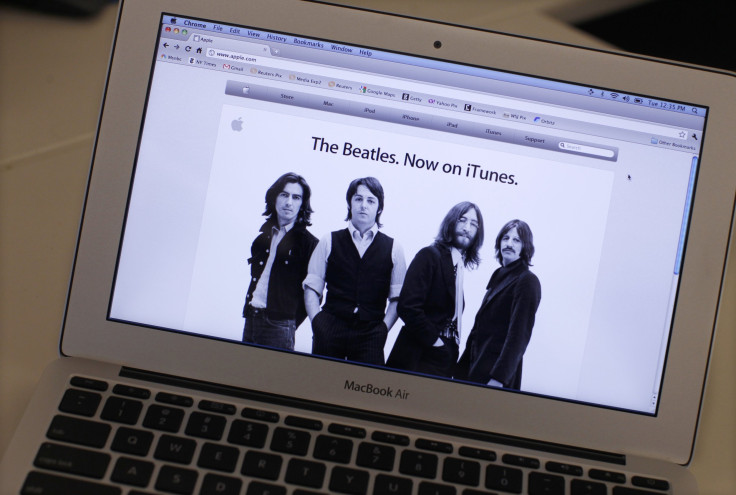Apple Music Gets iTunes Match With Audio Fingerprint For All Subscribers

Apple Inc. has brought a much-needed fix to its Apple Music service that, in its one year of existence, prompted many complaints from users who found songs in their iTunes libraries replaced with other versions. Now, the company is rolling out the iTunes Match audio fingerprint update to all its Apple Music subscribers.
The previous version of iTunes Match used less accurate metadata to match songs between users’ existing iTunes libraries and their Apple Music accounts. Consequently, users could end up with having the specific versions of some songs replaced by others, such as a live recording from a concert replaced by a studio version.
The new update uses more accurate metadata, and should therefore eliminate this issue.
Perhaps more important, however, is that this update will also mean that Apple will stop applying DRM (digital rights management) to users’ personal music libraries. DRM restricts what you can do with files you own, and Apple applied them as matter of routine to all music files you downloaded from the iCloud, even if the file was only a copy of something you uploaded to the cloud and one that you downloaded because you mistakenly deleted the DRM-free original.
This is important because DRM should be applied by Apple only to files purchased from the iTunes store, and not to all files that go through the iTunes system, especially when Apple designs the system in a way to automatically include all music files on its cloud service.
According to the Loop, Apple is rolling out the update to 1 to 2 percent of its millions of users every day. For their part, users have to do nothing but wait for a “Matched” to start showing up in the iCloud Status column of iTunes.
© Copyright IBTimes 2024. All rights reserved.





















